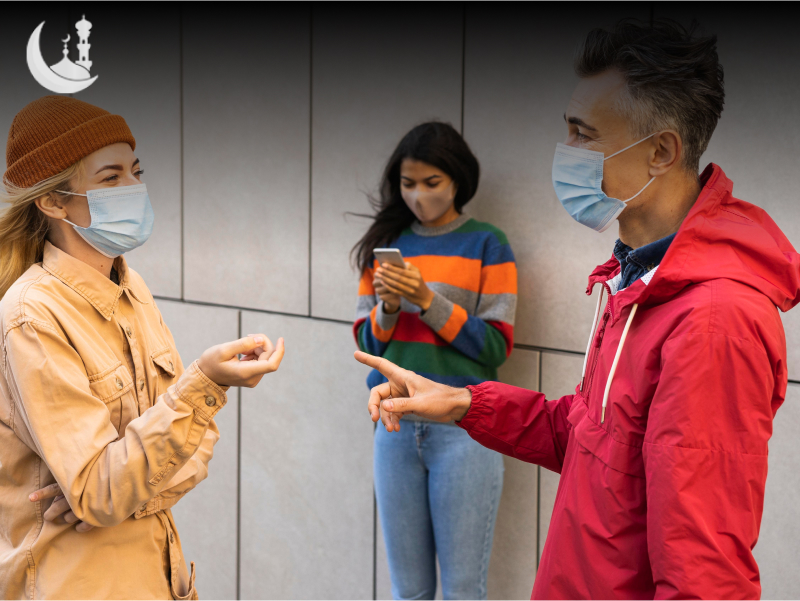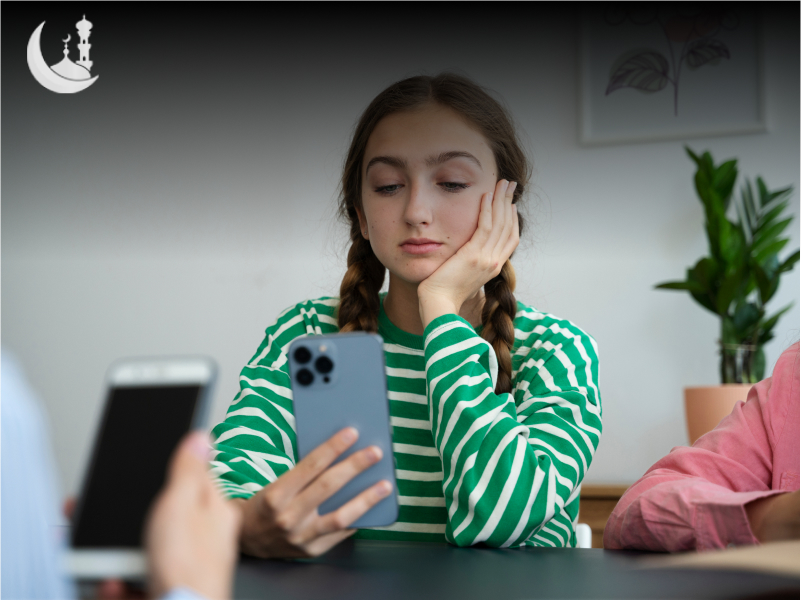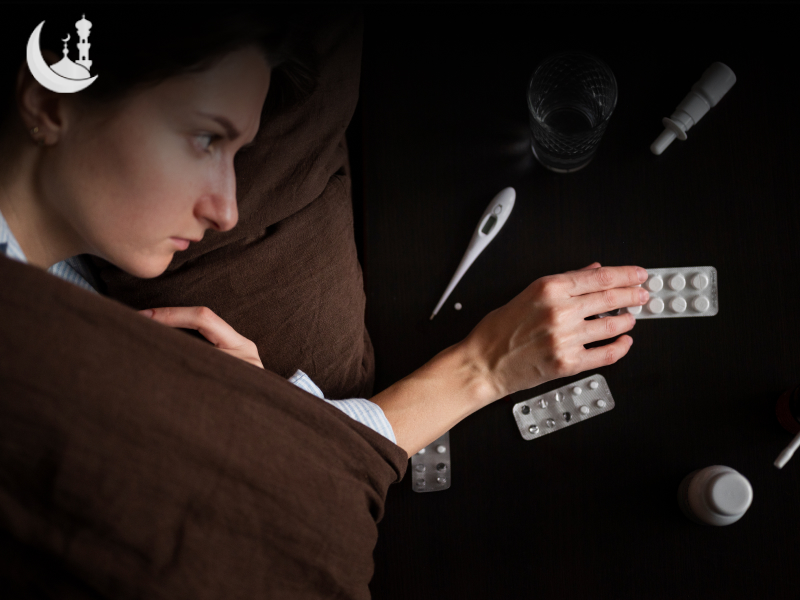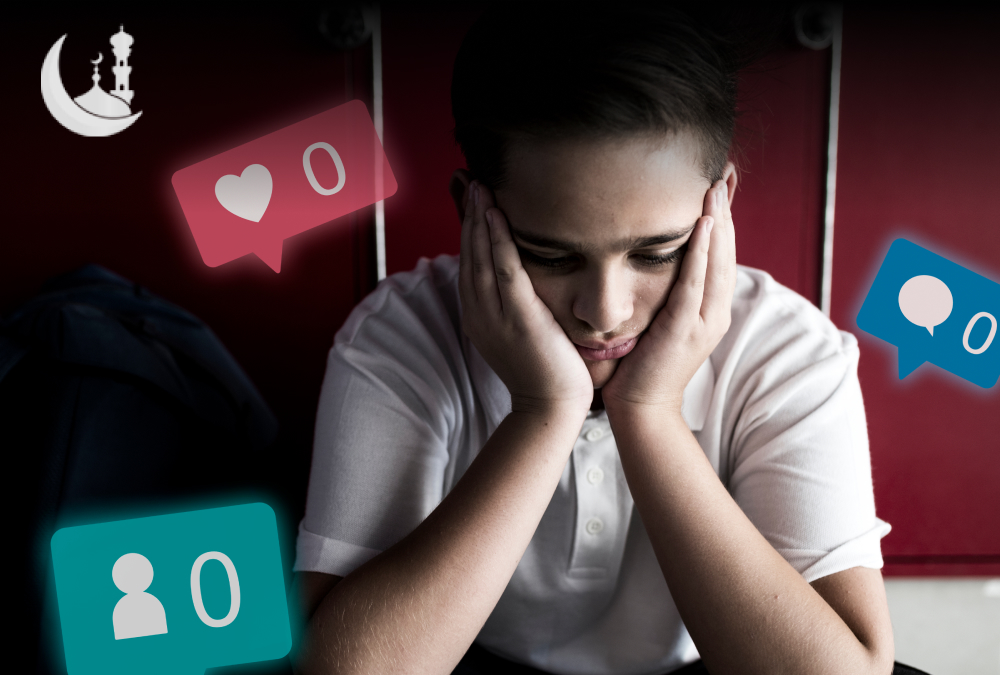The teen’s mental health is an increasing concern nowadays, and something needs to be done about it. For many people, and teenagers especially, social networks are seen as a constant companion. Most teens and young adults regularly use Instagram, TikTok, Social Networking (Snapchat), and Facebook to share information and develop their personalities,” in search of acceptance and, to be.
There are positives about social networks, for example, connecting with others and accessing information. There are also risks, including the mental health of teens, which this writing discusses in a few words about social networks and their effects on the mental health of teens and young adults.
Ways in which teens’ use of social networking sites benefits their mental health
Improved Support and Connectivity: Social networks aid youths in staying connected with close friends and family members, which simultaneously raises their concerns about belongingness to a group. For some, social networks are the means to get connected to other individuals, which is needed by many individuals, especially when experiencing difficult times in their lives.

Support and information are easy to get to: People can learn about mental health through their social media accounts. Teenagers can then find educational tools, learn about mental health conditions that might affect them (like depression), and find out about services that can help them deal with these issues.
Celebrities, in particular, use these platforms to raise awareness about mental health problems and make sure that people talk about them. One of the best places for teens to get help is in Atlanta. Talk to our pros at Marrkazul Irrshad Wa Tawjeeh.
To express your creativity and understand yourself better:
Young people can showcase their creativity using mobile applications such as Instagram and TikTok, encouraging them to combine photographs, short videos, and text. Cyberbullying is especially harmful to young people because it often gives them a feeling of anonymity behind a screen; even if it occurs among “friends” on a social media site, they feel even more isolated.
Concerning self-presentation and cyberbullying:
Making fun of and bullying individuals online:
Many children and young people are harassed on social networking sites by both friends as well as strangers, even if they don’t see a similar social network.
Individuals being bullied while online, (they’re generally likely to feel anxious, isolated, and depressed, and individual experiences involve the pressure of an individual’s “visibility” when something they wished hadn’t been seen.
Comparing yourself to your peers with your self-esteem:
Once again, while young people are socializing and staying informed about their peers, they are often only viewing edited or filtered portrayals of reality and consequently can feel insecure about their bodies because comparison relentlessly deters the self-esteem of adolescents.

These social media lieth and deceiving portrayals of others can lead to increased psychological problems, and we have seen this can often hasten ongoing trends of “disordered body appearances,” especially those involving food and food consumption habits. Teens rely on social media in this regard, drawing on how much value they find from likes, comments, or unique friend counts.
Drug abuse and distractions:
A person who is hooked on social media often sits in front of a computer for too long, which is bad for their health, grades, and sleep. Teenagers and young adults find it hard to concentrate on things they need to do in real life or switch to talking to people in person. People get worried and anxious because there are always new things to learn and changes to make. This is called FOMO, or the Fear of Missing Out.

Issues concerning mental health:
Several research has indicated that social media can be harmful since its use is related to mental illnesses such as depression, anxiety, and loneliness. Individuals face challenges related to the need to display their ideal version of themselves and the excess of information as an attention economy. Teens with their social media accounts are also more likely to develop an eating disorder, self-harm, or think about suicide.
The following are some things that can be done to fix the bad effects of social media on teens mental health:
Making people more digitally literate and aware:
If you want your teens to use social media in a good way, they should know that most of the posts they see have been edited and screened for content. As long as we teach young people to think critically and be skeptical like writers do, they should be able to use social networks more wisely and tell the difference between real and fake posts.
| Key Points | Explanation |
|---|
| The Influence of Social Media | Social media significantly affects teen behavior, mental health, and self-perception. |
| Escapism and Anxiety | Teens often escape to social media, but it can cause anxiety due to peer pressure and comparisons. |
| Fear of Missing Out (FOMO) | Teens feel compelled to stay connected online, fearing they might miss out on social events. |
| Validation Through Likes | Social media platforms encourage teens to seek validation through likes and comments, impacting self-worth. |
| Addiction to Screen Time | Constant engagement with social media can lead to screen addiction, affecting daily routines. |
| Cyberbullying and Harassment | Negative interactions such as cyberbullying severely impact teen mental health and self-esteem. |
| Positive Social Interaction | Social media can offer support networks for teens dealing with issues like mental health struggles. |
| Setting Boundaries for Healthy Use | Encouraging teens to set limits on social media usage helps protect their mental well-being. |
| Role of Parents and Counselors | Active involvement from parents and counselors is crucial in helping teens navigate social media impacts. |
Setting limits and encouraging activities outside of work:
Parents and parents can still make a big difference for the better by telling teens they need to spend less time on social networks and more time doing things like sports, hobbies, and talking to friends. Technology should not be used at certain times or places, like before bed, so that everyone can get a good night’s sleep.
Giving support and encouraging open communication:
For sure, if teens and young adults feel like they can talk to anyone about their experiences with the Internet and how they use it, issues can be solved quickly and easily at the start. Because of this, it is suggested that teens get psychological help, advice, and other group meetings to help them learn how to deal with the problems that come up on social media.
Discover How You Can Maximise Your Potential with Marrkazul Irrshaad Wa Tawjeeh!
Subscribe to our community to get individual help and professional support depending on your process. Among students, courses are useful whether you need help with getting good grades, a promotion at work, or even personal satisfaction. Join now, as today is the day to achieve a prosperous future.
Summary
Such a social media application is a two-sided sword when it comes to the mental health of teenagers. Although it allows for social interactions, encouragement, and self-advertisement, it remains rather dangerous, in terms of cyberbullying, compassion, dependency, and psychological disorders.
Read Also: Helping Teens Navigate Peer Pressure and Bullying
In this way, we are to encourage teens to use social media as a powerful tool reaching numerous people while giving practical steps on how to minimize or avoid the disadvantages that social media can keep. Continuing to live in the technological world, it is necessary to promote a reasonable and measured use of social networks for the sake of the generation that will come.
FAQs:
Q1) What are some of the benefits of social media utilization to the mental health of teenagers?
Social media can help with communication with others, obtain information about mental health issues find resources in this area, and also serve as creative and personal platforms.
Q2) The following are some negative ways social media affects the healthy state of mind of the teenagers:
The negative effects, on the other hand, include cyberbullying, cases of comparison and self-esteem, addiction and distraction, and vulnerability to cases of anxiety, depression, and loneliness.
Q3) Which interventions may reduce the adverse effects of social media on teenagers?
These are education and digital enlightenment, a prohibitory approach and creating a structured, separated real-world life, and psychological assistance by freely discussing difficulties and offering health resources.






